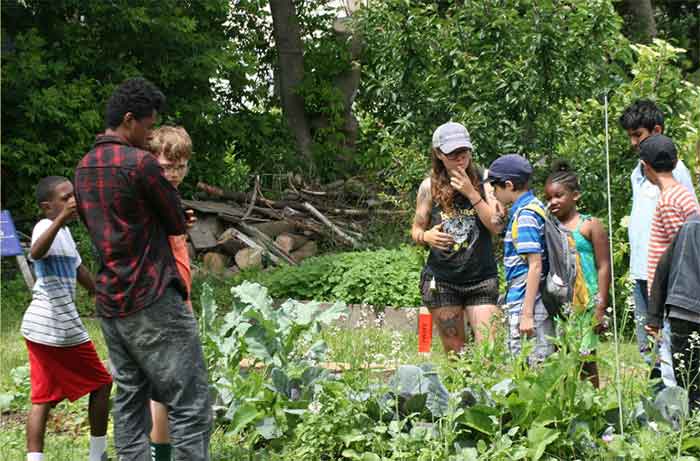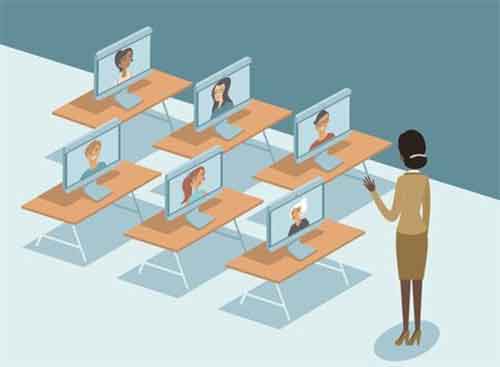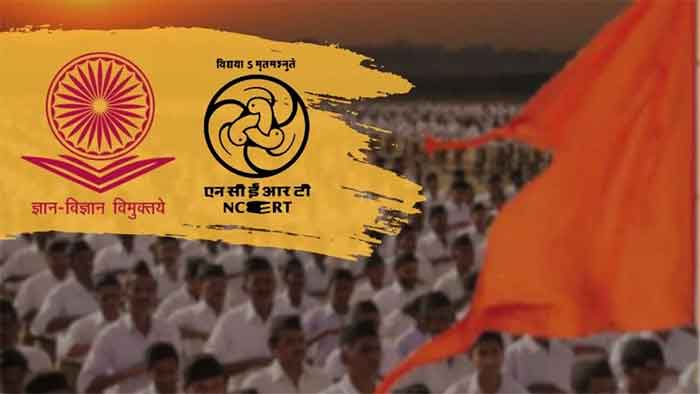
The overwhelming feature of the education system of the greater part of the world is that is that it is completely out of connect with the real needs of our deeply troubled world.
What are the real needs of our world? These are clearly linked to the recognition of the most pressing problems of our world. The present day world is characterized by very high levels of inequality and injustice at various levels. There is enormous violence in daily life which culminates in highly destructive wars at higher levels, which in turn are based on endless race for most destructive weapons including nuclear weapons and various other present and future weapons of mass destruction (WMDs). These WMDs together with several serious environmental problems led by climate change have resulted in a very real and threatening survival crisis which must be resolved soon before it spirals out of control to threaten the life of this and future generations ( including present-day children and adolescents) as well as of other forms of life.
Keeping in view these serious problems which are the cause of enormous human and animal distress today and can lead to much higher distress in future if corrective actions are not taken, even harming gravely the basic life nurturing conditions of our planet, the real needs of the world are justice, equality, peace, protection of environment and biodiversity and the resolving of the survival crisis based on these precepts.
If commitment to all this is accepted as the biggest need of our deeply distressed world, the next question is whether the educational system in the greater part of the world is well-integrated with these real needs of our world.
Well, in a patchwork kind of a way the education system does give some attention to environment protection, and to an even lesser extent to justice, equality and peace. However this is very inadequate and patchy and what is more, the overall perspective of integrating these precepts for holistic understanding is often missing. What is worse, at times there is even glaring misinterpretation of basic precepts so that even injustice may be made to appear as justice and environment destruction may appear as environment protection. The need to change the world in basic ways in accordance with basic precepts is often missing. The ideas of most profound thinkers are often missing or else are often misrepresented, or treated in a very cursory way.
What is most distressing is that there is often no encouragement or inspiration or guidance to students to try to build their own life and ideas in accordance with these basic precepts the world needs. Certain teachers by their noble example may indeed make a contribution regarding this, but this proves to be the exception rather than the rule. On the other hand the prevailing system encourages careerist pursuits in self-centered ways, encourages rat-race, intense rivalries, stiff competition and jealousies which are unhealthy, distressing and disturbing for young people. While the big need is to inspire and teach students to work together with friendship and cooperation, the reverse is more commonly achieved. Confusion and misguided thinking regarding the aim of education leads often to burdening students with an overload of uninspiring work creating entirely unnecessary tensions, drudgery and tiredness. The examination system intensifies all these problems time and again for a number of days or even weeks at a stretch. A very damaging division of achievers and laggards, winners and losers is created which is completely avoidable if the aim is to encourage and bring out the inherent but different creativities of all children. Even in the case of sports and playtime which should be a time of joy for all children, the present system messes it all up with its emphasis on intense competition and a false sense of glory and achievement.
What are the changes that are needed? The entire educational experience should be so well integrated with the most basic and most needed precepts of justice, equality, peace, environment protection and resolving the survival crisis that the students grasp the importance of these precepts and of their own role in advancing these in the course of life. Of course the student must learn languages and literature, social studies and humanities, science and math, arts and crafts in highly interesting and creative ways but this must be well-integrated with the larger purpose of creating a firm foundation for preparing responsible, caring world citizens with a sympathetic understanding of and hopefully abiding commitment to justice, equality, peace, environment protection and resolving of survival crisis based on these precepts. What is more, this integration of education with core precepts must be carried forward from school education to college education.
At the same time, education must be made much more creative and interesting for students at all levels. The students should get rid of the burden of too much of books and notebooks to be carried in a heavy bag every day with loads of home-work and instead education should be based more on creative ideas and discussions. This should all the time involve encouraging students to work together in cooperation with each other instead of instigating them to indulge in intense competition and rivalries. Groups of students can be encouraged to regularly making presentations on subjects like ‘ How can we end violence in everyday life’, ‘how can wars end’, ‘how we can ensure no one remains hungry’, ‘what can be done to help the homeless’, ‘how can we make a patch of land in or near the school greener’. Some of these discussions and presentations can be followed up with some action as well.
The cultural activities should be based on basic precepts in very creative and interesting ways, preparing several plays, musical plays and street plays largely on the students’ initiative, with teachers providing help only when needed. Sports and physical exercise period should be a time when students can get some physical exercise in any way that they prefer. If two students merely want to walk together on rounds of school discussing something or just chatting aimlessly, well, let them enjoy in this way. If someone else wants to do gym exercises, let them do so. For those interested in playing cricket or football, let them do so without being intensely competitive about it. Let them just enjoy their game, and if in the process their inherent abilities lead to them emerging as champions, that is just incidental, the main aim is to enjoy the game in a friendly way.
Bharat Dogra is Honorary Convener, Campaign to Save Earth Now. His recent books include When the Two Streams Met, A Day in 2071 and India’s Quest for Sustainable Farming and Healthy Food.















































